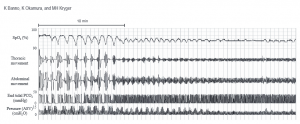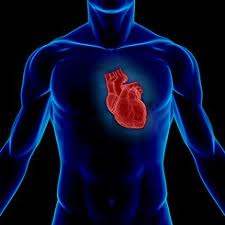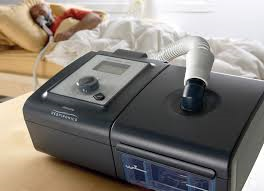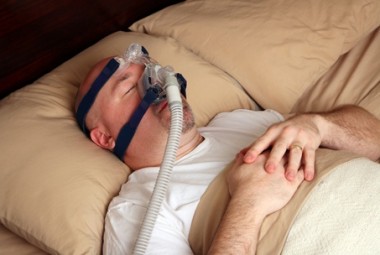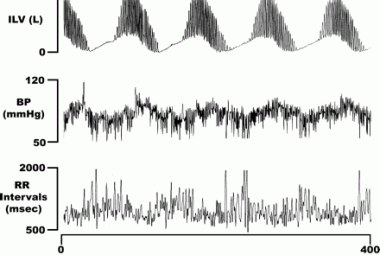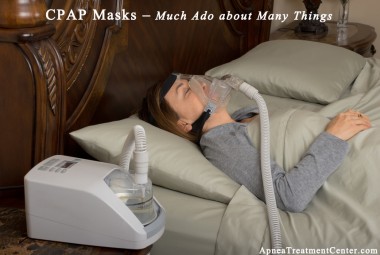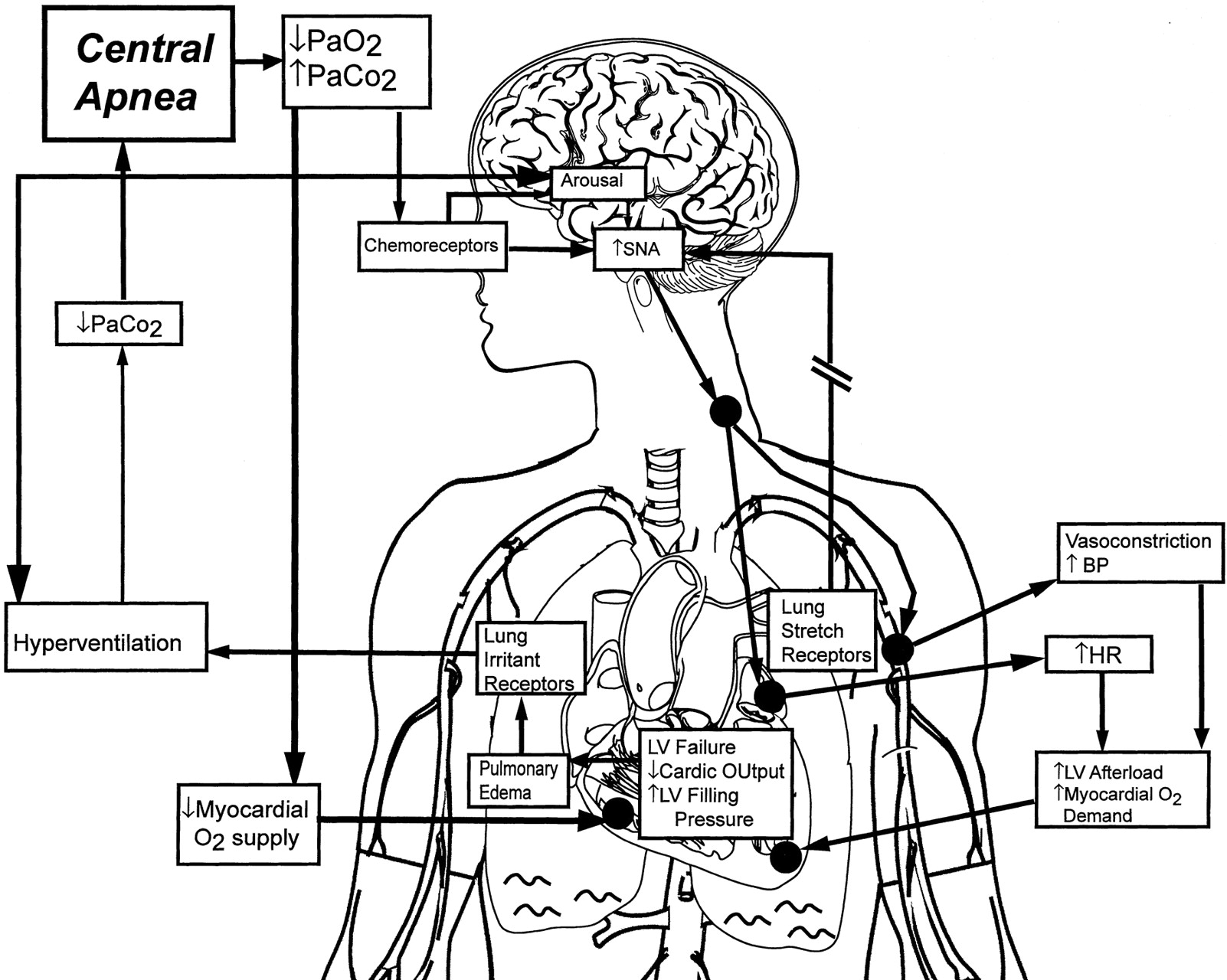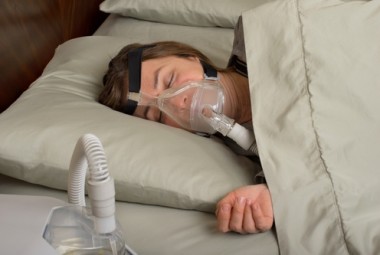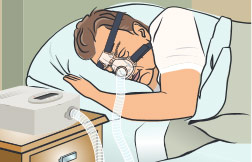Central sleep apnea syndrome, a disorder characterized by recurrent apneic episodes in the absence of upper-airway obstruction during sleep, causes nocturnal oxygen desaturations, recurrent arousals, and subjective daytime sleepiness. Central sleep apnea syndrome has been reported to be present in alveolar hypoventilation disorders, heart failure, and neurologic disorders, and some cases are idiopathic. Cyclic breathing with regularly repeating periods of central apneas or hypopneas alternating with periods of hyperpnea in a gradual crescendo and decrescendo pattern is termed Cheyne-Stokes breathing, which is often associated with heart failure or neurologic disorders. Cheyne-stokes breathing is defined as “Other Central Sleep Apnea, including Cheyne Stokes Breathing Pattern” in the International Classification of Sleep Disorders Association with a serious medical illness, such as heart failure, stroke, or renal failure, is usually necessary to document this diagnosis by International Classification of Sleep Disorders.
Various respiratory interventions, including continuous positive airway pressure (CPAP), bilevel positive airway pressure, or nasal oxygen have been evaluated in patients with heart failure and Cheyne-Stokes breathing. These treatments may improve sleep respiration.

